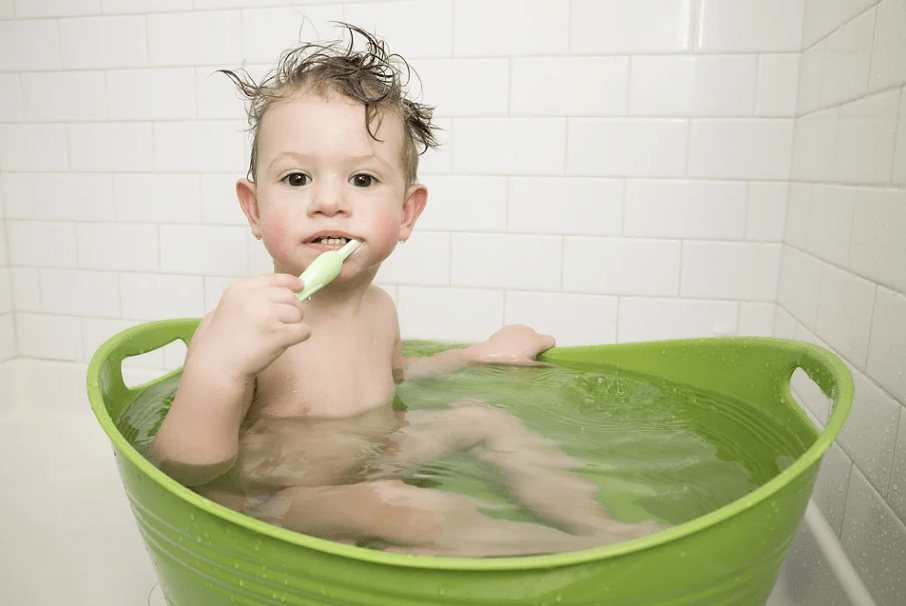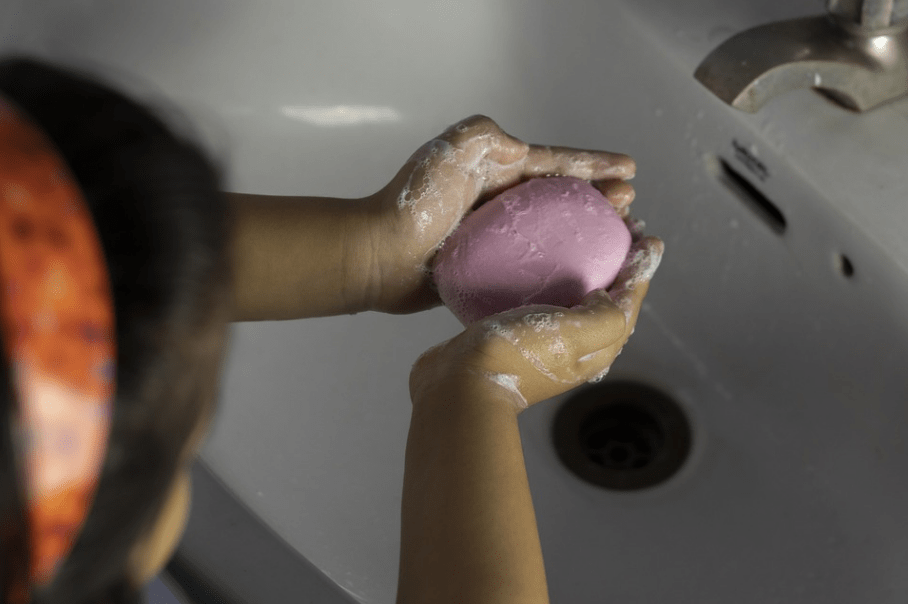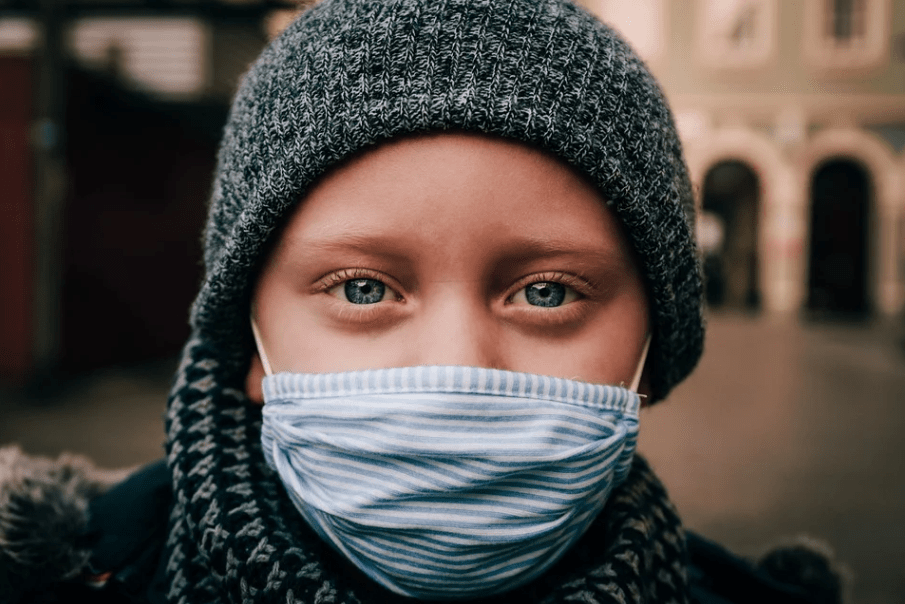Personal hygiene among kids is more than keeping themselves looking and feeling good. Good hygiene keeps them away from nasty bacteria and fungi that may invade the body and cause severe illnesses in the long run. When not properly cleaned, the skin can be a welcoming breeding ground of disease-causing germs and parasites that can grow and multiply. Pretty scary, huh?
Proper hygiene is a habit that must be inculcated into the minds of our little ones starting from a young age. Building a habit of cleanliness and orderliness not only keeps them from the threat of germs but also boosts our kids’ self-confidence. Everyone would want to hang out with that good-looking kid who always smells great.
How do we get our kids to learn proper hygiene? First, we must practice it ourselves so that kids could imitate our behavior and develop the habit themselves. Here are the basics of personal hygiene for toddlers.
KEEPING THEIR HANDS CLEAN
Toddlers are very curious, and they tend to explore everything around them – most of the time, using their hands. As you know, germs and bacteria spread through hand contact. We can’t always be there to see what sorts of things our kids touch and so, teaching them how to wash their hands time after time properly can prevent the spread of germs. Train your little ones to wash their hands with soap and water properly…
- before and after eating
- before and after preparing food
- after touching something nasty and unfamiliar
- when their hands look dirty
- after cuddling or touching animals
- after handling raw meat (chicken, beef, pork)
- after going to the bathroom
- after coming in contact with body fluids like blood, urine, and vomit
- after blowing their nose, sneezing, and coughing
It is also crucial that we keep their nails clean. When kids play outdoors, dirt and germs can easily slip through their nails, so we have to encourage our little ones to clean them constantly. Most kids cannot do that themselves, so to avoid injuries, we must guide them until they can do it independently.
MAINTINING GOOD ORAL HYGIENE
World Health Organization (WHO) statistics mention that 60 to 90 percent of school children have at least one dental cavity. This may stem from improper oral hygiene habits. Encourage the kids to practice regular brushing and flossing of teeth whenever needed to decrease the likelihood of getting oral diseases. Let the kids use fluoride toothpaste when brushing their teeth at least twice a day. Teach them to clean their tongues as well. However, be extra careful about the amount of fluoride toothpaste used – it should be less than the rice grain size. The American Academy of Pediatrics (APP) also recommends using fluoride-free toothpaste for kids younger than two years old.
According to Pediatrics in Northern Virginia, VA, good oral hygiene is essential in protecting the kid’s mouth from cavities and other oral health problems such as gingivitis, sensitive teeth, and bad breath. It becomes especially vital once they start growing older towards puberty, so helping them establish the habit of keeping their mouth clean at a young age can be pretty handy.
KEEPING THE BODY FRESH AND CLEAN
Young kids need regular baths and showers just like adults do. Having showers and baths not only cleanse the skin of possible germs and bacteria; it also nourishes it and hydrates it. Letting our kids get warm, fresh baths before bedtime prevents our kids from developing foul odors and skin irritations.
When bathing, encourage our kids to wash their entire body. Guide them to use a mild shampoo to cleanse their hair. When cleaning the body, allow them to use a gentle cloth and mild soap to wash their armpits, genitals, and other extremities where germs could be hiding. Always consult your doctor if your toddler has particular skin allergies and conditions, as some soaps may contain irritants that could harm your child’s skin instead.
WORK WITH CLEAN CLOTHES AND LINENS
Toddlers can be extra active during the day, so it is not surprising for them to sometimes end up smelly and dirty. With a bad habit of not changing dirty clothes, our kids may develop foul odors caused by germs, and it will become an issue later on.
Educate them to change clothes whenever necessary and try not to scold them whenever they get dirty as it is pretty normal. When you do, chances are they will end up lying or not changing their clothes for fear of being in trouble. Allow them to more explorative, but at the same time, gently teach them the importance of cleanliness to their wellbeing.
Encourage our kids to use personal towels as well. This prevents the spread of contagious skin diseases like scabies and trachoma germs that cause eye infections.
PRACTICE PROPER HYGIENE IN PUBLIC
The Covid 19 pandemic, which continues to terrorize and threatens public health and safety, has reminded people of the importance of proper hygiene and etiquette when in public. Now more than ever, we need to keep ourselves safe, especially our kids who can be vulnerable victims of the virus. When in the presence of people other than family members, train the kids to:
- always wear the mask properly
- always wash the hands with alcohol every after touching something
- turn away when sneezing or coughing and use a handkerchief or tissue to cover the mouth
- avoid physical contact
- maintain a distance from people



